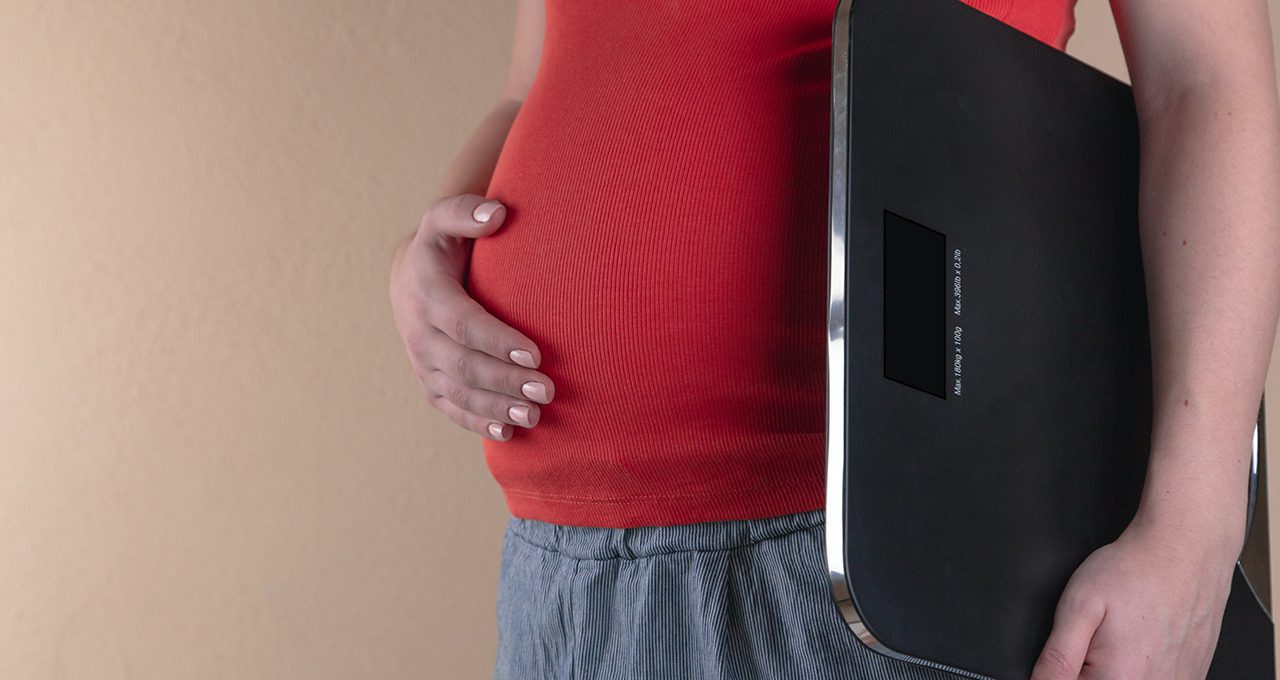Did you know that your gut has a profound impact on your mood? Our gut is called a ‘little’ brain or ‘second brain’ and has its own neural network known as the enteric nervous system, which comprises 500 million neurons. While your gut operates as its own nervous system, it maintains close contact with your brain and central nervous system.
Because of this close contact with the brain, the gut heavily influences your mood. The communication system between our brain and gut is called the gut-brain axis, along which vital information is passed. So, if you’ve ever wondered why you feel tired when you’re hungry or why you feel butterflies when you’re reading a good book, it’s because of this close relationship between the gut and brain. In this blog, Grey Matters of Carmel will explore this relationship further and outline how to promote a healthy gut-brain relationship.
Nurturing the Gut-Brain relationship
On a day-to-day basis, there are a few key factors to consider in order to help support our mood and gut health. Below are just some of the ways you can go about doing this.
Eat Mindfully
One of the most important yet basic ways to nurture the gut-brain relationship is to eat mindfully. Too often, we hardly take the time to chew our food and really enjoy it, especially when we have busy schedules. However, you have to slow down while eating. Try being mindful by sitting down and connecting with your food. Notice its smell, taste, environment, and people around you. By taking in all these external factors, you can develop a healthy eating relationship with your food and enjoy the experience.
Eat whole foods
Eating a range of whole foods such as vegetables, legumes, whole grains, and fruits can be fruitful in supporting a good gut-brain connection. They are a source of healthy bacteria and fiber, which keeps the gut populated. Fermented foods such as tempeh, sauerkraut, and kimchi also help in increasing gut bacteria diversity.
Avoid Foods & Beverages That Weaken the Gut
Minimize food items that weaken a healthy gut, such as coffee, sugar, alcohol, or processed foods. While they might taste good, these foods and beverages cause inflammation in the body, and they wipe out the good bacteria while giving us more bad bacteria. Over time, you wipe out your chances of a good, healthy gut microbiome.
Take Probiotics
Probiotics are live bacteria and yeasts that are good for your body, especially your digestive system. We usually think of probiotics as germs that cause certain diseases. However, the human body is full of bacteria, both good and bad. Probiotics are referred to as ‘’helpful’’ or ‘’good’’ bacteria because it helps keep the gut healthy. Some strains of probiotics can even certain conditions, such as allergies to gluten, IBS, and more. If you’re interested in learning more about your gut health, let us know! We offer in-home GI-Maps that will allow us to identify where your gut-brain relationship and health can improve.
Mitigate Stress
We understand that it’s easier said than done, but relaxation exercises such as meditation and yoga go a long way toward reducing stress. The sympathetic nervous system is activated when you are stressed, and the digestive system is impaired. Taking out the time for deep breathing practices stimulates the vagus nerve, which helps support a healthy gut-brain axis and digestion. Practices such as meditation and mindfulness also help activate the parasympathetic nervous system and support the nervous and a healthy digestive system. A 2010 meta-analytic review suggests that these practices are highly effective for people suffering from stress and anxiety.
Let’s Work on Your Gut Health
It may seem odd to discuss your gut health when discussing your mental health. However, both systems heavily influence each other, and your gut health could be at the root of all your mental health struggles, such as depression, anxiety, and even chronic migraines. So, if you want to learn more about mitigating leaky gut and how Grey Matters of Carmel can help, contact us today for a free consultation!
Photo by Volodymyr Hryshchenko on Unsplash


